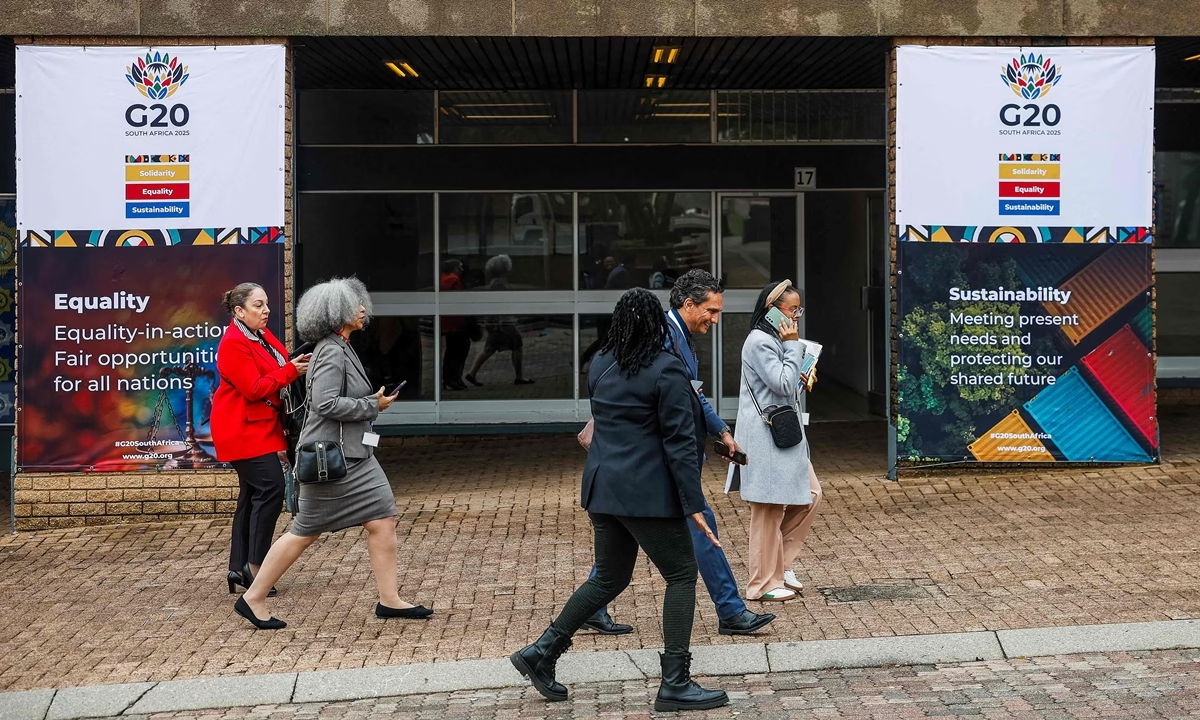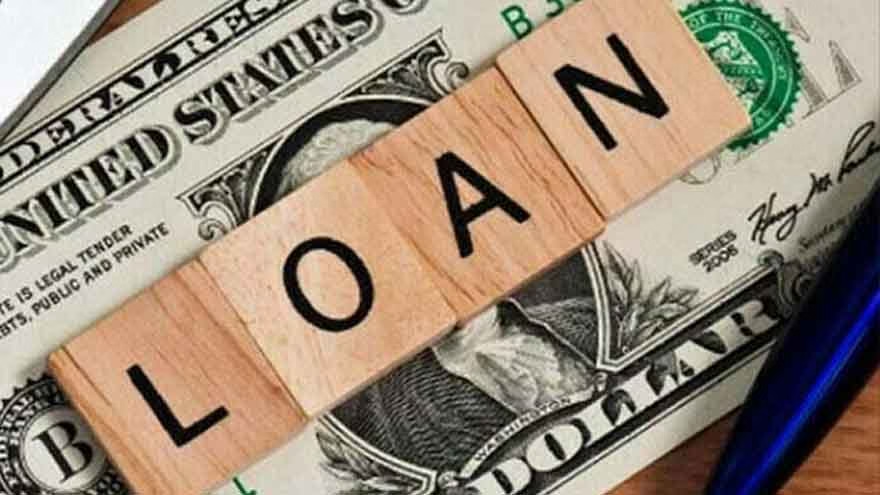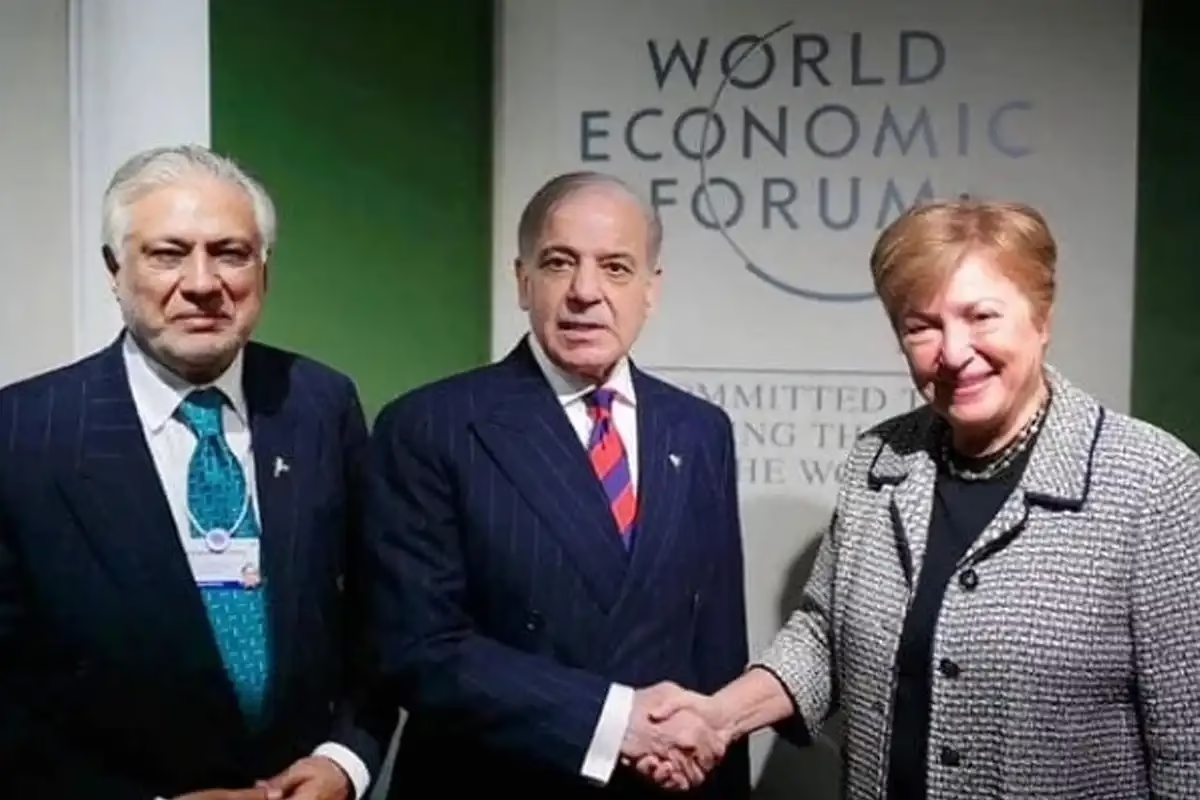Finance ministers and central bankers from the world’s top 20 economies have gathered in South Africa for a two-day meeting, but progress is hindered by the absence of key figures and ongoing disagreements over climate finance, debt relief, and global inequality.
Japan’s Finance Minister Katsunobu Kato, U.S. Treasury Secretary Scott Bessent, and EU Economy Commissioner Valdis Dombrovskis are skipping the event, with some citing domestic political priorities. The lack of consensus on core issues—such as climate financing for poorer nations and financial reforms to ease the burden on developing economies—adds further complications.
South Africa, under President Cyril Ramaphosa, had hoped to use the summit to push wealthier nations to take greater responsibility for climate change and support green energy transitions in poorer countries. However, U.S. policy shifts have reintroduced uncertainties, with Energy Minister Kgosientsho Ramokgopa warning that some nations might now reconsider their commitments to reducing fossil fuel reliance.
Political analysts suggest the U.S.’s retreat from the talks raises questions about the G20’s effectiveness. However, some see this as an opportunity for emerging economies, including South Africa, to assert greater leadership in global financial and climate discussions.



